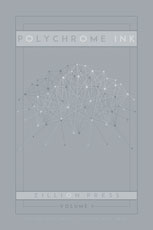 Polychrome Ink is a new biannual print and e-published journal with the mission to highlight that diversity is not a niche market, but a mass market.
Polychrome Ink is a new biannual print and e-published journal with the mission to highlight that diversity is not a niche market, but a mass market.
“Polychrome Ink is run by a group of diverse friends,” Executive Editor Em Salgado explained to me. “We met due to a mutual love of literature. During frequent literary discussions, we often noticed a shortage of characters that represented any of our individual diversity points, which only further highlighted what we felt was lacking. The need to see ourselves normalized in the literature being produced and the literature we love became our raison d’être. Eventually we grew tired of simply talking about it and decided to take matters into our own hands.”
At the editorial helm along with Em are Associate Editor Zire Fournier, Copy Editor Kimmia Masterson, and Assistant Associate Editor Zaira Fournier. Additionally, Polychrome Ink currently has eight specialty editors who assist with topics and themes in which they have experience. For example, if Polychrome Ink receives a submission with any of the following themes: gay male, genderqueer, religious, neuroatypical — the editors send that submission to Aaron for review because he, himself, is a gay neuroatypical genderqueer individual who studies theology.
Unique to this publication, writers who submit may choose the editor that they feel best suits their work. Em explained, “The process of selecting an editor with the appropriate diversity points and literary interests helps to assure writers that their submission is being reviewed by someone that their work will resonate with the most — thus making the relationship between writer and editor more personal.”
Even the name Polychrome Ink speaks to the diversity of the publication: “We were looking for a moniker that represented diversity,” Em said, “and by extension, diversity in writing. Polychrome means multicolored, yet does not have the same connotation as rainbow, since our demographic extends beyond LGBTQIA+ themes. And Ink, of course, represents the writing itself.”
Readers of Polychrome Ink can expect to find a collection of short fiction, creative nonfiction, flash fiction, essays, and poetry written by diverse authors and/or with diverse themes. Em explains that “Polychrome Ink seeks to share authentic voices and quality literature, covering an array of genres and topics, with the hopes that the work resonates with readers.”
For their inaugural issue, the featured author was Tessa Gratton, alongside Emma Mauze, Frances Kimpel, D. Michael Warren, Shana Bulhan Haydock, David Perlmutter, Yuan Changming, Anders Scott, Jan Steckel, Robin Wyatt Dunn, Courtney Hamel, Kim Luna, Jaycee Boydgarcia, Alex Franco, Malcolm Friend, and Stephen Mead.
“In terms of the future,” Em told me, “we will continue providing an outlet and resource for writers and readers alike. We would like to be amidst the publications everyone looks to for original diverse literature. We also have plans to expand our staff — thus broadening the diverse spectrum of our editorial team.”
Polychrome Ink accepts submissions via email and is approaching the end of the submission period for Volume II — which releases in October. (Submissions close July 31.) There is no reading fee and the publication is a paying market with hopes that as readership grows, so will the compensation to writers.
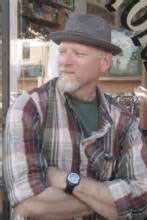 The 2015 annual issue of The Meadow features the winner of their 2015 Novella Prize: “Still Life” by Jerry D. Mathes II.
The 2015 annual issue of The Meadow features the winner of their 2015 Novella Prize: “Still Life” by Jerry D. Mathes II.
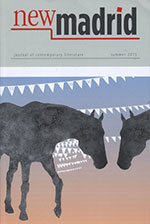 Happy 10th Anniversary to
Happy 10th Anniversary to 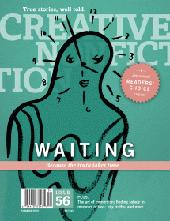 Issue 59 of
Issue 59 of 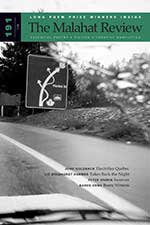
 Carissa Halston’s “Call It a Map” has been awarded the 2015
Carissa Halston’s “Call It a Map” has been awarded the 2015  1st place goes to Lauren Green [pictured] of New York, NY. She wins $1500 for “When We Hear Yellow” and her story will be published in Issue 97 of Glimmer Train Stories. This will be her first publication.
1st place goes to Lauren Green [pictured] of New York, NY. She wins $1500 for “When We Hear Yellow” and her story will be published in Issue 97 of Glimmer Train Stories. This will be her first publication.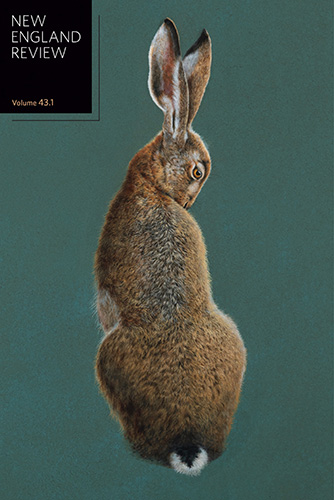 Editor Speer Morgan writes in his
Editor Speer Morgan writes in his  Since 1983, the University of Georgia Press has annualy held their
Since 1983, the University of Georgia Press has annualy held their 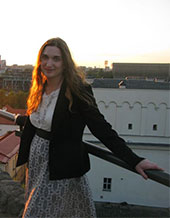

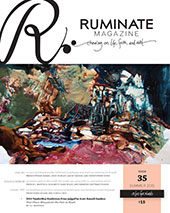
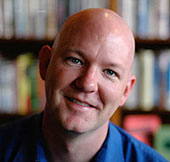 The newest issue of
The newest issue of 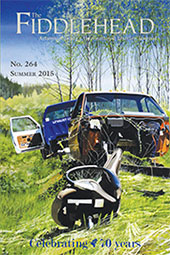 I couldn’t help but to share this snippet from Mark Jarman’s
I couldn’t help but to share this snippet from Mark Jarman’s 
 The Lucy cell
The Lucy cell Amidst all the debate about the “value” of higher education and the “overabundance” of MFAs being turned out of programs these days, it was refreshing to read Charlotte Morganti’s
Amidst all the debate about the “value” of higher education and the “overabundance” of MFAs being turned out of programs these days, it was refreshing to read Charlotte Morganti’s 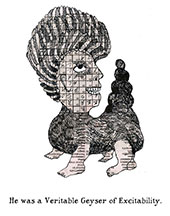 “First sort through
“First sort through 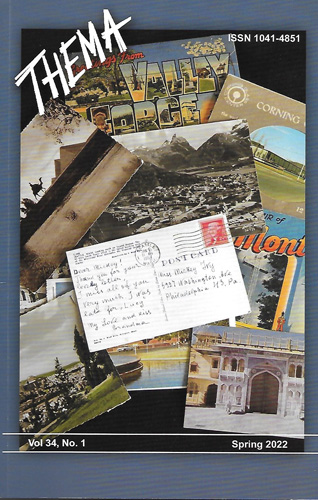 Looking for an idea to get your writing started today? Try
Looking for an idea to get your writing started today? Try 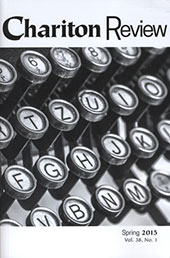 The Spring 2015 issue of
The Spring 2015 issue of 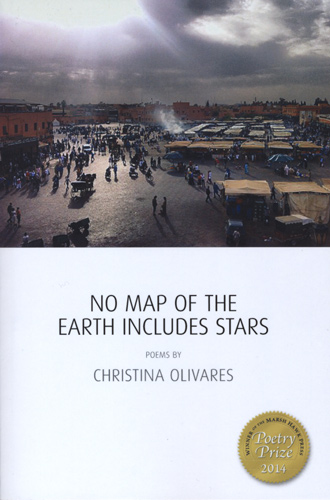 The Marsh Hawk Press Poetry Prize
The Marsh Hawk Press Poetry Prize